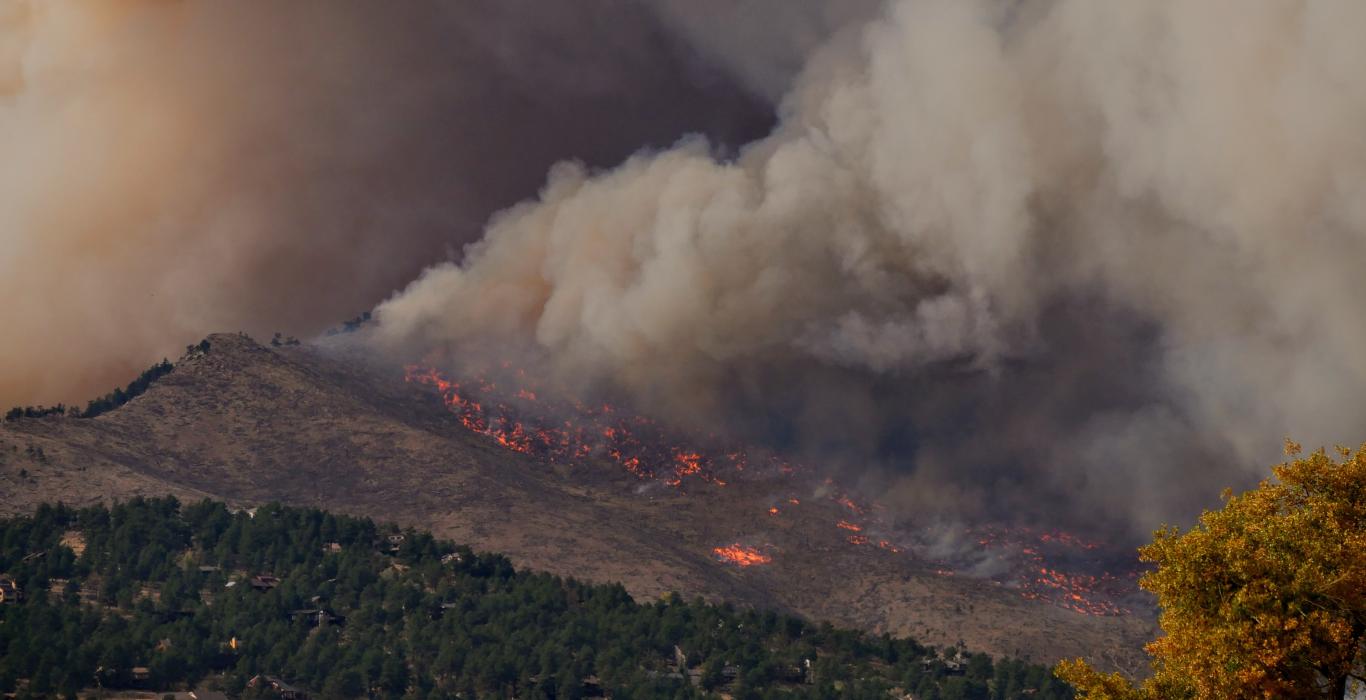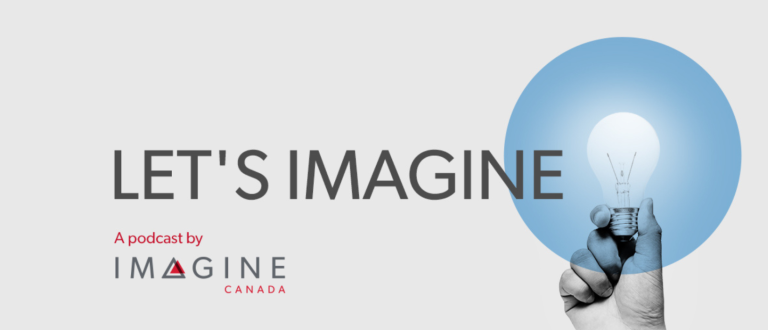Climate crisis continues to create challenges, feds ramp up for elections, new EDI data is a wakeup call for white-led nonprofits
Summer is in full swing, and as much as we’d all love to go to the beach and forget about the news for a while, there is a lot happening that will impact our sector. The climate crisis is intensifying, with its impacts making themselves known on a weekly basis. Although Parliament is on break for the summer, nonprofits engaged in advocacy and policy work should be thinking about what an upcoming federal election means for their work. Finally, a new study shows that nonprofit organizations led by Black and Indigenous people and those from other underrepresented groups are doing much more to advance EDI than white-led organizations. Read on to learn more about the macro trends that will impact the sector in the coming months in this latest edition of our quarterly blog series.
Forest fires, floods and heat waves: The climate crisis is at our door
From Halifax in the East all the way to BC in the West and Kuujjuaq in the North, the majority of the country has been affected in some way by forest fires in the past few months. Two fire fighters have lost their lives, thousands of people have been forced out of their homes, and several communities have been devastated. Millions more people have faced air quality warnings that brought on breathing problems or had them dusting off their N95s for outings. Relatedly, the world just broke the record for the hottest day on earth two days in a row. As if fires weren’t enough, there have also been several damaging floods over the past several weeks. As the climate crisis deepens, its affect on the nonprofit sector will continue to grow. We wrote about this in our last quarterly trends blog post.
The wildfire situation is particularly worrisome in parts of the country that rely on volunteer firefighters. According to the Canadian Association of Fire Chiefs, there were 15,000 vacant firefighter positions in 2022. This puts small, rural and remote communities, which generally rely on volunteer firefighters at substantial risk. Volunteer firefighters fall somewhere between what our sector thinks of as volunteers and employees because they do firefighting on top of other full-time jobs, but are paid for firefighting training and shifts. However, the situation with volunteer firefighters is an example of how communities can be severely affected when no one is available to help in times of crisis.
It is well documented that the nonprofit sector is facing shortages of both paid staff and volunteers. In the most recent Canadian Survey of Business Conditions (CSBC), 34% of nonprofit employers said labour shortages were a challenge for them while 44% said recruiting skilled employees was a problem and 32% said retaining skilled employees was a problem1. In the Q4 2022 CSBC, 65% of nonprofits that engage volunteers said they were facing a shortage of new volunteers and 50% said they were having problems with volunteer retention2.
Election preparation and speculation ramp up
Canada’s next federal election must take place on or before October 20, 2025. However, with a minority government in power, there is even more speculation than usual about an early election. While we’re not expecting to go to the polls in the next few months, we are expecting parties to begin turning their attention to electoral politics. Often, this manifests as increased focus from the governing party on announcing policies they expect to be popular “quick wins” rather than longer-term, controversial, or, frankly, boring initiatives. All parties will begin to focus on election-preparedness measures such as recruiting candidates, shuffling and showcasing their teams, fundraising, and developing their election platforms. By the time of the election, the governing Liberals will have been in power for almost 10 years, so many are speculating that the next election will bring a change in government.
So what does this mean for the sector? Organizations that are engaged with public policy, advocacy or lobbying efforts should certainly take note, as both the shift into pre-election mode and a possible change in the governing party could have significant implications for their strategies. This is a great time to start planning for the opportunities that an election can bring. Getting your issue into a party platform can really help advance your cause. Elections are also good times to raise public awareness about issues. With a change in government likely, nonprofit sector policy wonks should also be ensuring that they’re building relationships across party lines and making a case for their proposals that can appeal to decision makers of all stripes.
Nonprofits that are not paying attention to equity, diversity and inclusion are likely to face increasing challenges
Last fall, Statistics Canada released detailed projections about what Canada’s population could look like in 2041. These projections show that, if current trends continue, by 2041 half of Canada’s population will be made up of immigrants and their Canadian-born children, approximately 40% will be part of a racialized group, and a quarter will be born in Asia or Africa. Among younger age groups, as many as half the population could be racialized. This suggests that nonprofit organizations that fail to take equity, diversity and inclusion seriously are likely to face increasing challenges. They may find donation dollars, membership numbers, and client satisfaction scores dwindling. They almost certainly will have difficulty recruiting and retaining staff members, board members, and non-board volunteers.
This is the lens through which nonprofit leaders should review the results of a recent survey undertaken by the Equitable Recovery Collective. The study, Shifting Power Dynamics: Equity, Diversity and Inclusion in the Nonprofit Sector, found that 39% of nonprofit organizations have never conducted an equity audit of any aspect of their activities; 21% collect no equity-related information about the people they serve; and 18% do not have even one policy that highlights equity, diversity and inclusion. The study also found that white-led organizations consistently do less in relation to equity, diversity and inclusion than organizations with Black or Indigenous leaders or leaders from other underrepresented communities. White-led organizations are less likely to have conducted equity audits of their operations; to have policies and procedures referencing equity, diversity and inclusion; to track the characteristics of their board, staff, and volunteers; and to collect and use equity-related information about the people they serve. Organizations with equity working groups generally perform better than those without such groups, but even here white-led organizations underperform compared to minority-led organizations, with only 28% of white-led organizations having such groups compared to more than 40% of minority-led organizations. Clearly, many organizations have a lot of work to do to ensure their programs and policies meet the needs of Canada’s 21st century population.
1 Statistics Canada. Table 33-10-0666-01 Business or organization obstacles over the next three months, second quarter of 2023.
2 Statistics Canada. Table 33-10-0617-01 Volunteers and challenges businesses face in volunteer recruitment and retention, fourth quarter of 2022.



